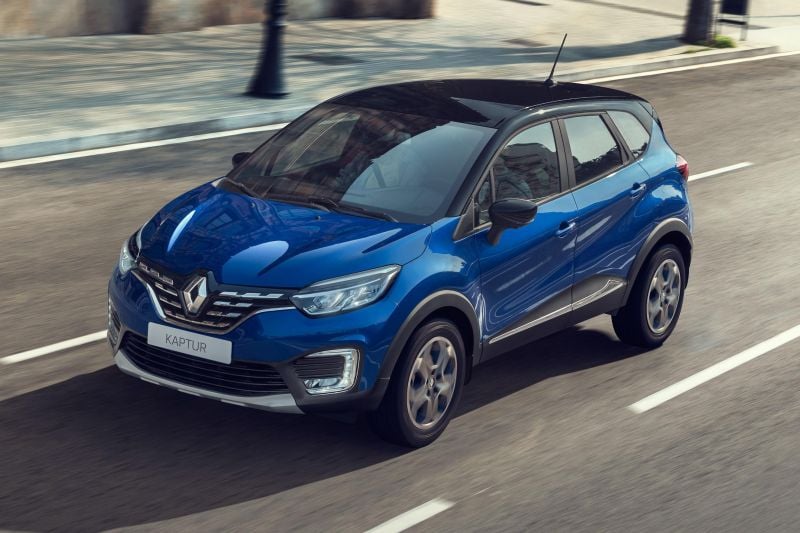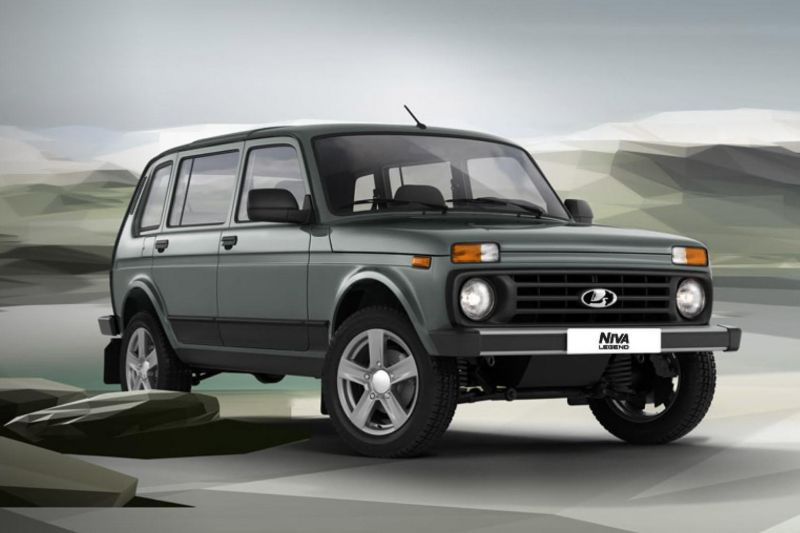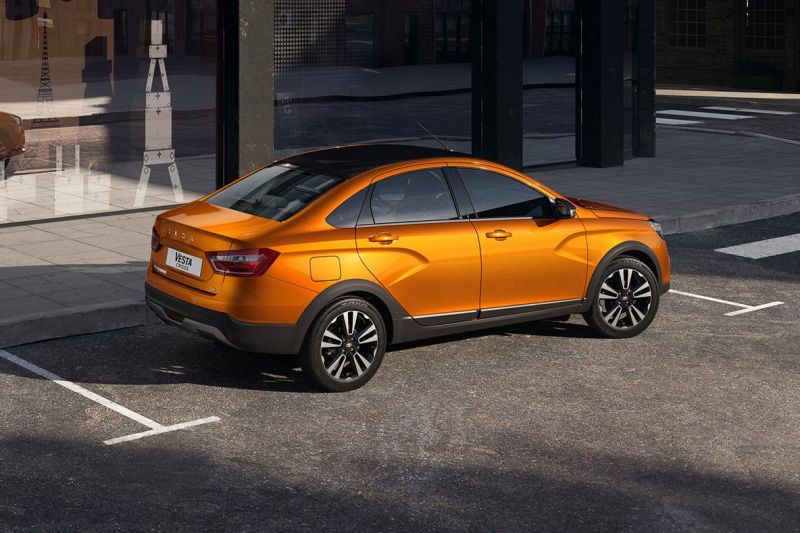With production stopped due to sanctions and external pressure, Renault will reportedly sell its stake in Lada and other holdings to the Russian government for a symbolic price.
Speaking to TASS, Russia’s state-run news agency, Denis Manturov, Russia’s minister for trade and industry, said the French automaker will soon sell its 68 per cent stake in Lada’s parent company AvtoVAZ for one rouble (2 cents).
He said Renault’s share of AvtoVAZ will be “most likely to be handed over to NAMI”. Based in Moscow, NAMI is a state-run institute focussed on automobile and engine development.
The organisation’s most notable achievement is the Aurus Senat limousine, which was developed with the help of Porsche Engineering.
Manturov said the sale will probably include a buy-back clause if Renault “decide[s] to return”, although the French firm will probably have to stump up more than a solitary rouble.
“If we make any investments during this period, it will also be taken into account. There will be no presents,” Manturov told the agency.
The remaining 32 per cent of AvtoVAZ is already owned by the Russian state via Rostec, its enterprise for facilitating development and production of advanced industrial products.
As for Renault’s wholly-owned factory in Moscow, which also produces vehicles for Nissan, it “will not be mothballed”. Rather it will be probably handed over to the Moscow city government, and may be used to manufacture vehicles for Lada.
After Russia’s invasion of Ukraine, the country was hit with punitive sanctions and barred from the SWIFT bank transfer system. Many multinational corporations also began halting operations in the country, with some planning to sell off assets and stakes in joint ventures.
To stem the tide, the Russian government hinted it might nationalise the assets of companies that leave or pause operations.
Manturov reiterated the country’s not-a-nationalisation nationalisation policy, stating: “We have no plans of buying, let alone nationalising anything. But if a company has no opportunity to ensure delivery of components at present, we cannot wait for eternity. We will be forced to find an alternative.
“This applies to all carmakers who hold back on their decision.”
While some automakers, including Volkswagen, Toyota, and Ford, were quick to halt production and cease most work in Russia after it invaded Ukraine in February, Renault was more cautious in its approach.
It even restarted manufacturing in late March, only to backtrack a day later. At the time Lada said it was trying to replace “some critical imported components with alternative solutions”, and working on special versions of its vehicles “with reduced exposure to imported components”.
Renault’s wait-and-see approach may be because of the size and relative importance of Russia in the French automaker’s manufacturing and sales footprints, and its heavy investment in the country.
Last year the company sold 385,000 Lada vehicles globally, representing 14.3 per cent of the Renault Group’s total volume.
Before Putin invaded Ukraine, Lada enjoyed a 21 per cent share of the Russian car market in 2021.
Adding Renault’s numbers into the mix, and the company was responsible for roughly 30 per cent of new cars sold in the country last year.
Neither Renault nor the French government, which owns a 15 per cent stake in the automaker, has yet to comment on the matter.
It’s unknown how the divestment of Lada will affect the automaker’s Renaulation plan, which called for Dacia to move slightly upmarket and Lada to pick up the slack at the bottom end of the market.












